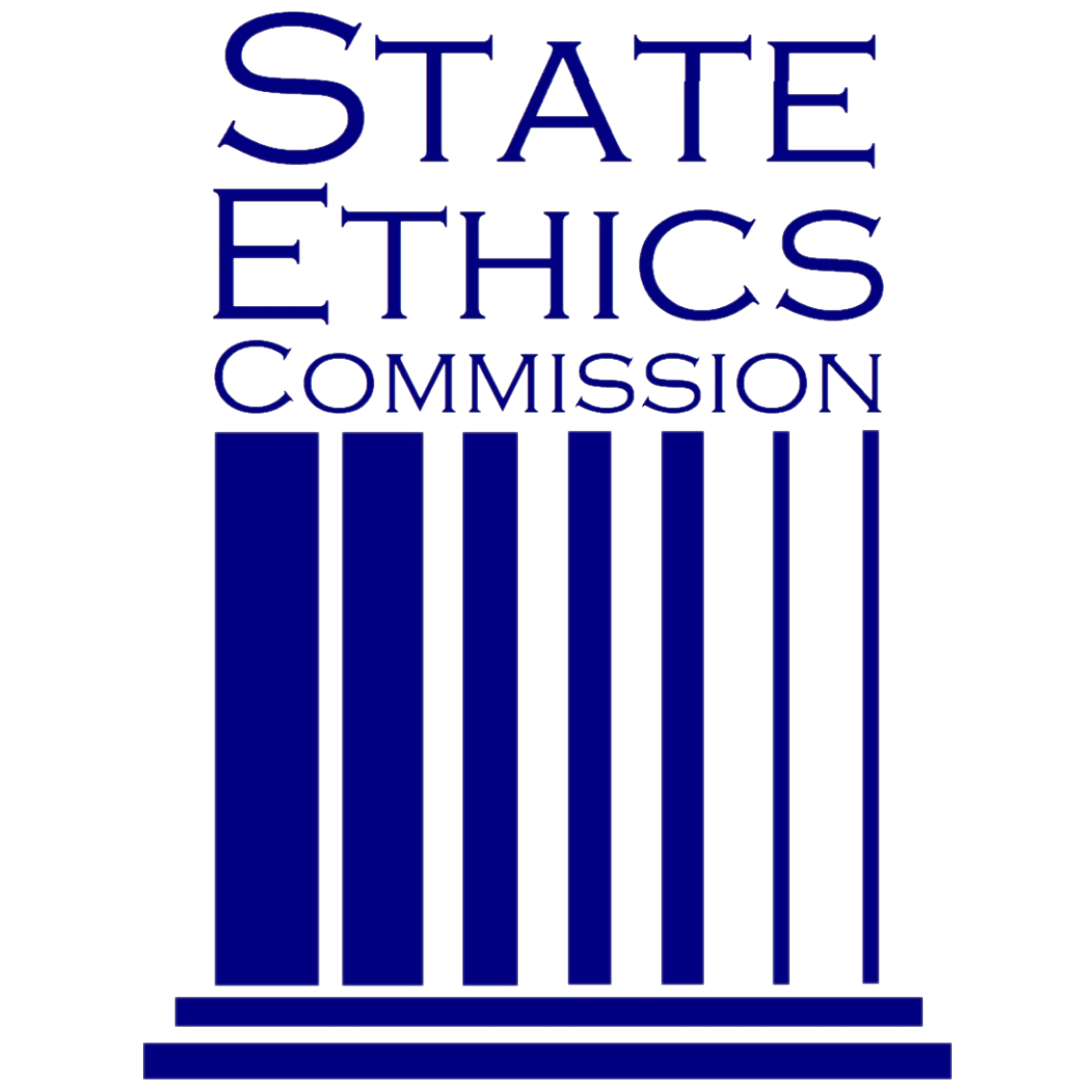- David A. Wilson, Executive Director
Media Contact
Gerry Tuoti, Public Information Officer
Boston, MA — Former Probate and Family Court Associate Justice Lawrence Army Jr. has paid a $4,000 civil penalty for violating the conflict of interest law by appointing his father as a Special Master to sell a home in a divorce proceeding. The State Ethics Commission has approved a Disposition Agreement in which Army admits to the violations and waives his right to a public hearing.
In December 2022, while filling in for a judge at Essex Probate and Family Court, Army presided over a divorce proceeding in which the previous judge had ordered the sale of the marital home. Following a hearing in which the parties reported they had not agreed to the terms of the sale, Army appointed his father, Lawrence Army Sr., as a Special Master for the sale of the home and set his fee at $450 per hour.
Army’s appointment of his father was contrary to a Supreme Judicial Court rule requiring such fee-generating appointments to be made in order from a court-maintained list of persons eligible for appointment. Not only was Army’s father not the next available person on the Essex court’s list, his name did not appear on the list at all. Army’s father’s office was also approximately 65 miles from the property to be sold.
First Justice Frances Giordano vacated Army’s appointment in January 2023 and appointed a different Special Master to sell the home. As a result, Army’s father did not receive any fee from Army’s appointment of him as Special Master.
The conflict of interest law prohibits state employees from participating in matters in which members of their immediate family have a financial interest. It also prohibits public employees from using or attempting to use their official positions to obtain valuable, unwarranted benefits for anyone. In the Disposition Agreement, Army admits to violating both of these prohibitions.
“A public employee who appoints a family member to a compensated position breaches the public’s trust and undermines public confidence in the employee’s governmental agency, which is especially troubling when the public employee is a judge,” said State Ethics Commission Executive Director David A. Wilson. “The conflict of interest law exists to prevent such breaches and to ensure that all public employees, including judges, act with integrity and impartiality.”
The Commission encourages public employees to contact the Commission’s Legal Division at 617-371-9500 for free advice if they have any questions regarding how the conflict of interest law may apply to them.
###
